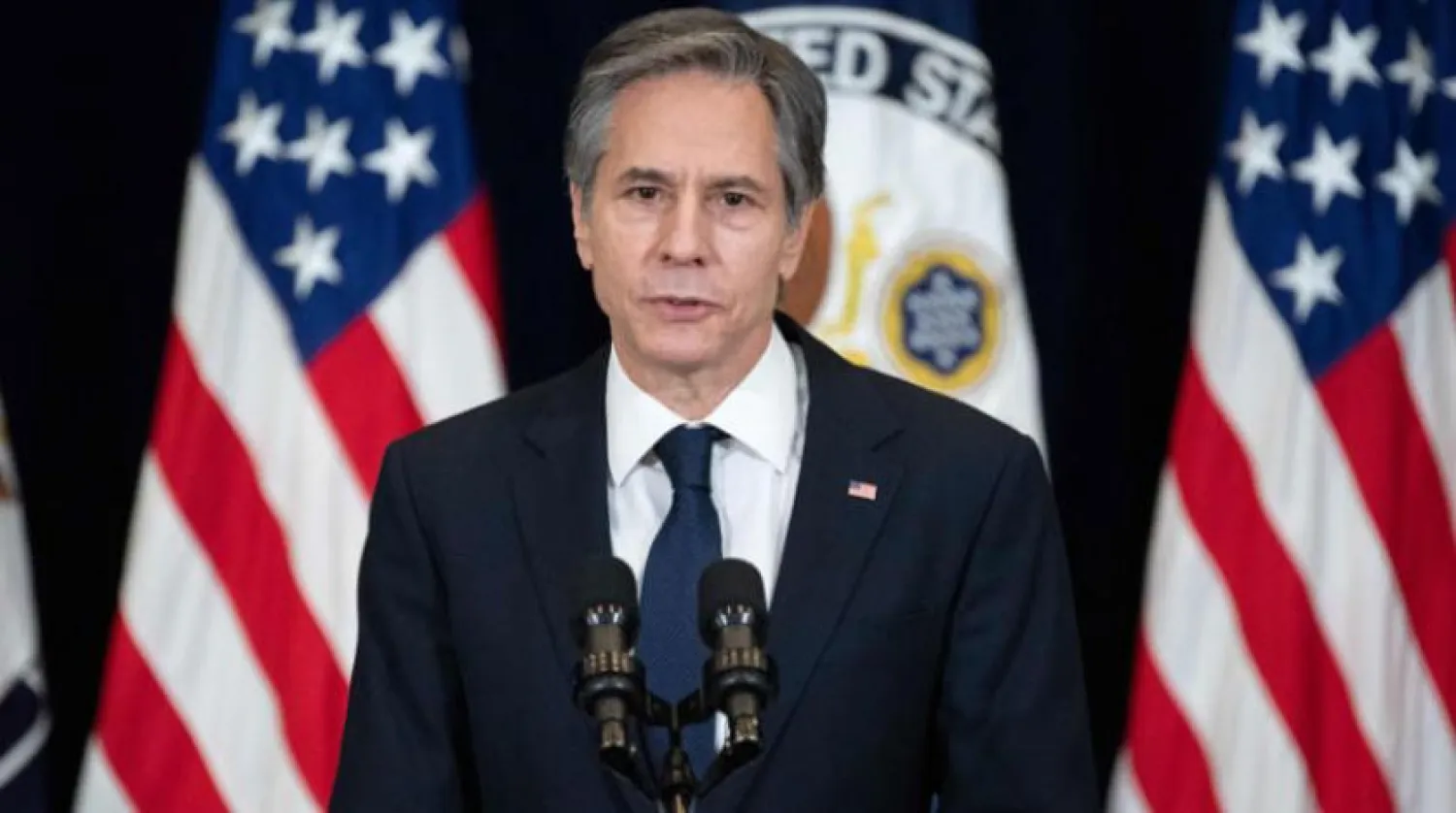US sanctions on individual Houthi leaders will remain in place and be in force despite a decision to end the designation of the militias as a terrorist group, US Secretary of State Antony Blinken said Friday.
“I am revoking the designations of Houthis as a Foreign Terrorist Organization (FTO) under the Immigration and Nationality Act and as a Specially Designated Global Terrorist pursuant to Executive Order 13224, as amended,” Blinken said in a statement.
He stressed the group would no longer be designated a foreign terrorist organization effective February 16.
“This decision is a recognition of the dire humanitarian situation in Yemen,” he said.
But the group’s leaders Abdul Malik al-Houthi, Abdullah Yahya al Hakim and Abd al-Khaliq Badr al-Din al-Houthi will all remain designated under the UN sanctions regime and the US Executive Order 13611 related to acts that threaten the peace, security or stability of Yemen.
Blinken said Washington will also continue to call attention to the group’s destabilizing activity and pressure the group to change its behavior.
“We continue to closely monitor the activities of Houthis and its leaders and are actively identifying additional targets for designation,” he said, naming the group’s explosive boat attacks against commercial shipping in the Red Sea, and UAV and missile attacks into Saudi Arabia.
“The US remains clear-eyed about Houthis’ malign actions, and aggression, including taking control of large areas of Yemen by force, attacking US partners in the Gulf, kidnapping and torturing citizens of the US and many of our allies,” he said in the statement.
Concerning Washington’s cooperation with Gulf States, Blinken said his country is committed to helping US partners in the Gulf defend themselves, including against threats carried out through Iranian support.
Diplomatic sources at the US Department of State told Asharq Al-Awsat that the former administration of Donald Trump worked jointly with the Treasury Department and the State Department to secure the legislative process in designating Houthis as a terrorist organization.
The sources said the decision for the designation was the result of ongoing Houthi targeting of civilians in Yemen and Saudi Arabia, the group’s blocking of humanitarian aid, kidnappings, using child soldiers and their ties with Iran’s Revolutionary Guards, which is considered by Washington a terrorist group.









